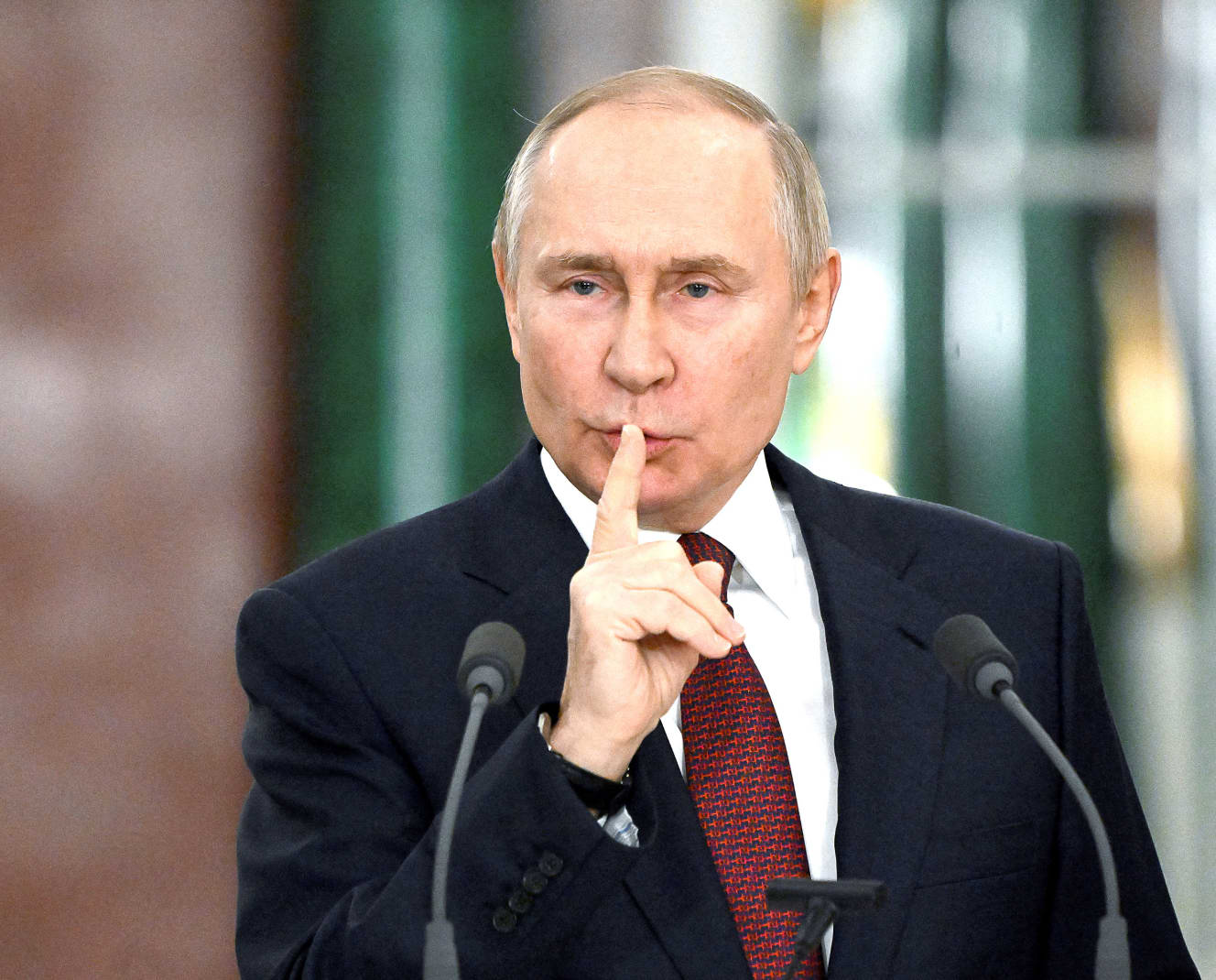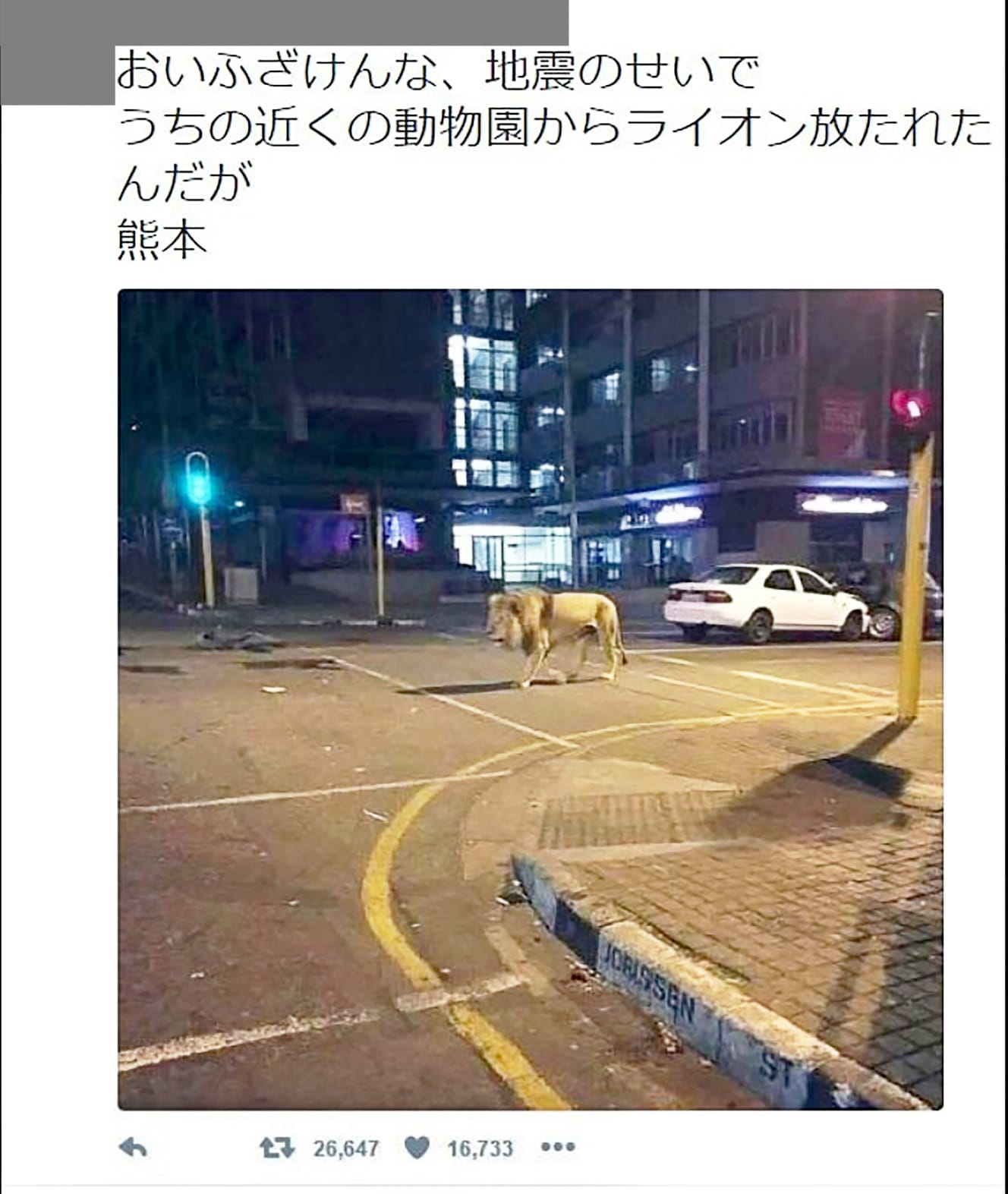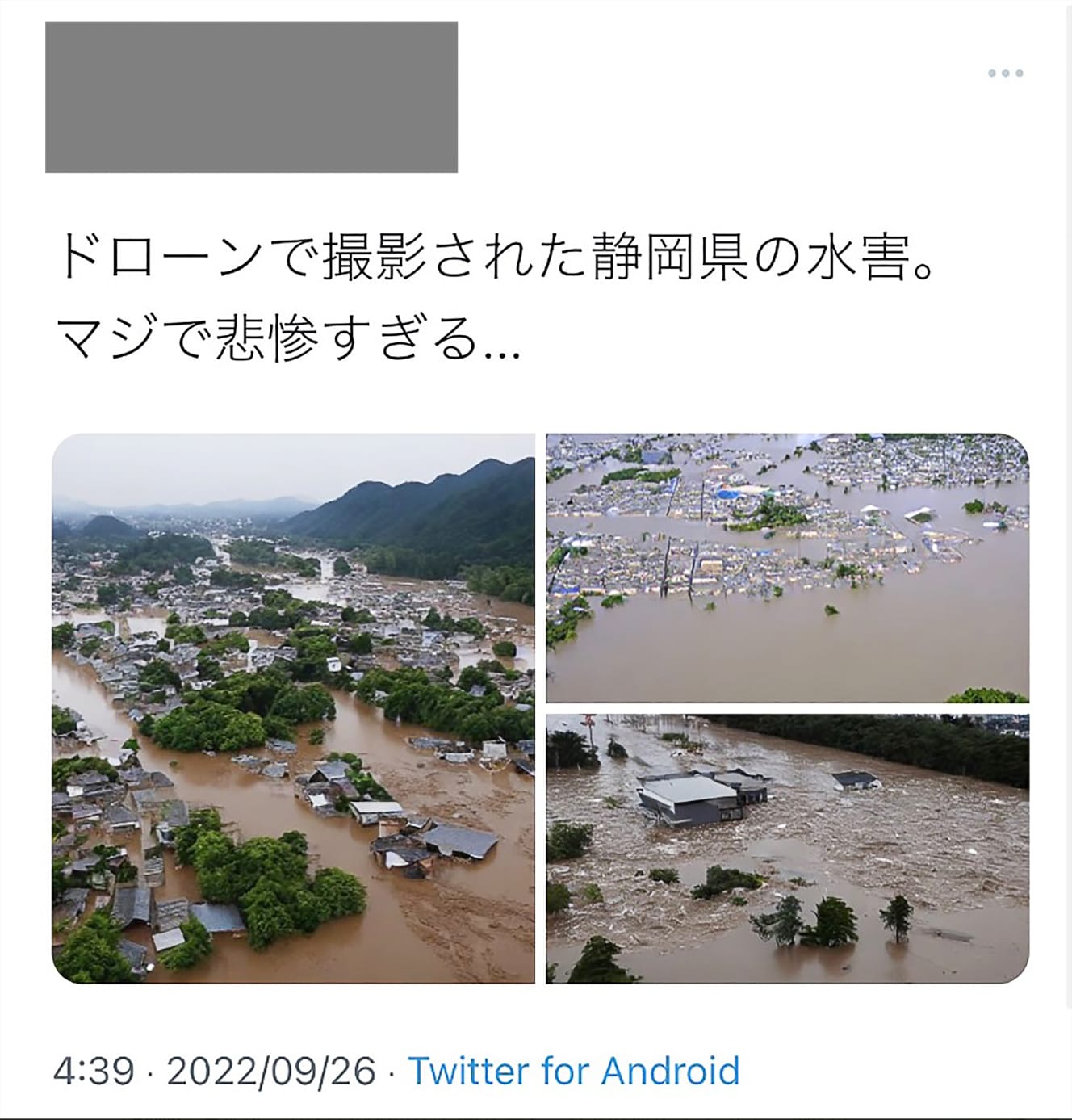About 80% of Japanese are Unknowingly Deceived by Internet’s Fake News

The Bucha massacre was committed by the Ukrainians.
If you get the vaccine, you will die within five years.
These were the news spread on the Internet last year. Of course, they are not true. They are the so-called fake news.
When most people see this kind of information, they think, “I won’t be fooled. However, you must be on your guard. With the spread of smartphones and social networking services, fake news is flooding the world, and its contents are becoming more and more sophisticated.
It is said that the term fake news became widely recognized around 2016. During the U.S. presidential election between Donald Trump (76) and Hillary Clinton (75) that year, fake information was spread approximately 38 million times by both camps. Since then, the number has continued to increase.
says Shinichi Yamaguchi, associate professor at the Center for Global Communications, International University of Japan. He is a leading researcher who was quick to sound the alarm about the problem of fake news and continues to analyze it.
Who is creating fake news, which has become a social problem in the age of social networking, and for what purpose? And who is spreading it? Based on Yamaguchi’s latest research, we will explore the reality of this phenomenon.


Surprising Identity of the Producer
The first thing that concerns us is the identity of those who are spreading fake news. A report published in 2021 by CCDH, a U.S. non-profit organization, caused quite a stir.
The study found that of the more than 800,000 fake news stories posted on social networking sites about the coronavirus vaccine between February 1 and March 16, ’21, 65% were created and spread from just 12 accounts. These were wealthy individuals who deal in nutritional supplements, businessmen who sell anti-vaccine health books and DVDs, and doctors. They were an organization of more than 200 people who made a profit of 4 billion yen through sales of goods and services.
A large amount of money was also spent behind the scenes during the U.S. presidential election in 2016.
One famous example is the spread of false information that the Pope endorses Trump. At first glance, one might think it was politically motivated, but it was not. It was created for the purpose of generating a large amount of advertising revenue if it became viral. Some of them were created by Macedonian students, and some of them even exceeded their parents’ lifetime income.
The more fake news spreads, the more huge profits can be made. That is why so many people are deceived by the clever ones that are created one after another.
Some shocking data. Yamaguchi conducted a large-scale survey of 6,000 people in ’20 on fake news. Nine types of news were selected from eight genres to avoid bias in content, and it was revealed that 65.3% of respondents did not realize that the lowest and 85.6% of the highest types of news were wrong.
Now let’s look at who is more likely to be deceived.
The middle-aged and older generation, those in their 50s and 60s, accounted for more than 80% of the respondents. This is probably because this generation spends less time on social media than the younger generation, and therefore has less exposure to fact-checked articles and posts that point out lies.
Indeed, the percentage of older adults is high. But what is surprising is the fact that an average of 77.5% of all generations could not spot fake news.
People are more likely to believe news that is close to their own ideas. The reason for this is a characteristic called ‘confirmation bias,’ which is the tendency to pick out from among a lot of information only that which reinforces one’s own hypothesis or ideas. When we encounter information that makes us think, “I’ve seen that before! When we encounter information that we think is false, we believe it, even if it is not.
“Another factor is self-confidence. According to a report published by a group of American researchers in 2021, more than 90% of the 300 participants thought they were above average in their ability to judge the truth of information. An additional 75% rated themselves higher than their actual abilities. People who are more self-confident or have higher self-esteem tend to be more gullible than they actually are.”
Characteristics of people who spread
Now that we know the identity of the creator and the tendency of those who are gullible, the next step is to unravel the actual situation of diffusion. According to the survey, 14.3% of all respondents believe fake news and spread it. The next step is to understand how people are likely to be fooled by fake news.
“Young people spend more time on social networking sites and messaging apps, so they have more opportunities to share news and are more likely to spread it. Conversely, the percentage of older adults who were deceived was lower.”
It is clear that education and internet background are factors in not spreading the news. In addition, those with more extreme political orientation are more likely to engage in diffusion behavior.
Interestingly, those with higher “media literacy” are more likely to diffuse. Why do people who can correctly understand the characteristics and shortcomings of information media spread it? There is a lack of “information literacy,” which is the skill to judge information appropriately.
When we analyzed those who self-rated their media literacy as high in the preliminary report, we found that they themselves became the source of fake news by trying to “convey the negative influence of the media to others around them. What is needed is to improve information literacy to judge the truth or falsity of news.
The maliciousness of fake news lies in the fact that anyone can be a part of it without realizing it, and those with a high affinity for social networking sites and who think they understand it are easy targets.
Countermeasures you can take starting tomorrow
Now that we know what fake news is, it is important to know how to deal with it. What can we do to protect ourselves from the threat?
Unfortunately, there is no perfect way to detect fake news. But that doesn’t mean there aren’t countermeasures. One effective way is to look for other sources of information.”
Figure (5) shows data from people who examined multiple sources of information and then determined the truth or falsity of the news. In all cases, it can be seen that those who looked for other information sources were less likely to believe fake news.
On the other hand, however, fake technology is evolving at an ever-increasing pace. During the war in Ukraine, a fake video of President Zelensky calling on the people to surrender was spread. In Japan, images of a city submerged in water during the torrential downpour that hit Shizuoka last September were circulated, but these images were created using AI technology.
In the near future, anyone will be able to create fake images and videos that are indistinguishable from the originals. And there is no doubt that the world will be in turmoil. What should we do then? It is important to always think, ‘I might be fooled too. And when you feel like telling someone, take actions of verification, such as hitting other sources of information. If you can’t find the truth, don’t spread it.
In the future, new forms of communication such as the metaverse will emerge. In this era of rapid change, each and every one of us must be flexible and change our mindset.
Examples of fake news spread through SNS


From the January 20 and 27, 2023 issues of “FRIDAY
PHOTO: Afro (1st to 3rd)

